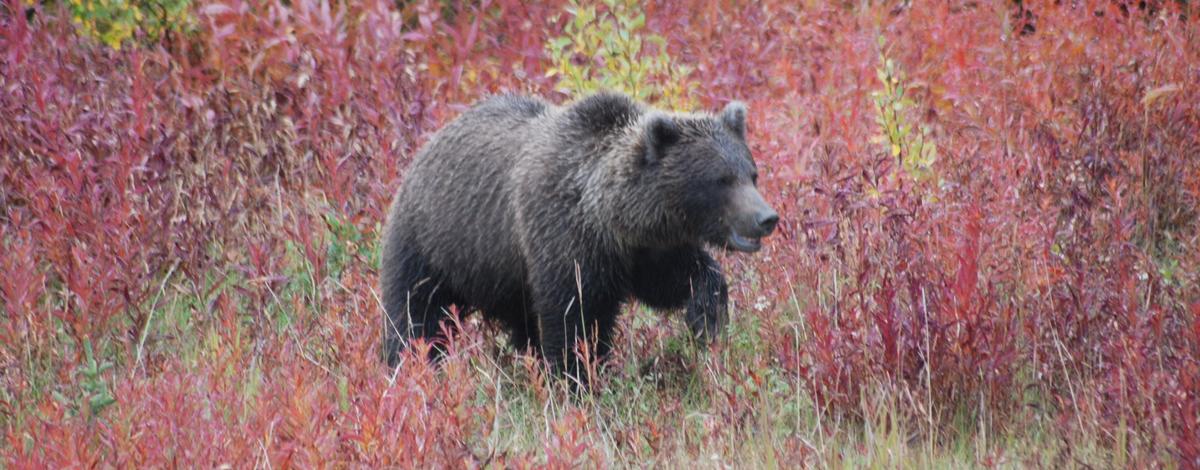The Rocky Mountain Elk Foundation called on the U.S. Fish and Wildlife Service (USFWS) to advance the conservation success story of the recovered grizzly bear population by altering its proposed new rule to give states greater management authority and flexibility, and ultimately take steps to remove it from Endangered Species Act (ESA) protections in the areas where the populations met and exceeded recovery goals.
As part of its official comment, RMEF and partnering organizations urged USFWS to improve and finalize proposed revisions to the 4(d) rule, which spells out that Congress gave USFWS broad authority to tailor regulations to the unique circumstances of each threatened species, or for the grizzly in this case.
Doing so would increasingly empower states and landowners based on the recovery process. States would be able to manage areas where bears are recovered, ensure their future and also provide a path to state management for other recovery zones.
In the waning days of the Biden administration the USFWS declined to delist grizzlies anywhere in the Lower 48 even though bears number above 1,000 in both the Northern Continental Divide and Greater Yellowstone Ecosystems. At the time, USFWS also proposed a major shift in management direction. Previously, it defined different recovery zones as “distinct population segments” under the ESA, meaning that each could be considered separately for delisting once it met recovery criteria. In the new proposed rule, it would create one massive recovery area spanning swaths of Montana, Idaho and Wyoming, as well as all of Washington, and require recovery in the entire area before delisting the bear in any part of the West.
“The Rocky Mountain Elk Foundation disagrees with the decision,” Blake Henning, RMEF chief conservation officer, said at the time. “Once again, decisionmakers are moving the goalposts for delisting and turning their backs on the established science and success linked to these recovered populations at a time when we should be recognizing and celebrating them.”
RMEF has long maintained that state wildlife agencies should manage grizzlies, where they are recovered, just as they manage elk, black bears, deer, moose, mountain lions and other species in line with the North American Wildlife Conservation Model.
RMEF’s comment letter was a joint effort with Property and Environment Research Center, the Boone & Crockett Club and the Wyoming Wildlife Federation.
(Photo credit: Montana Fish, Wildlife & Parks)
